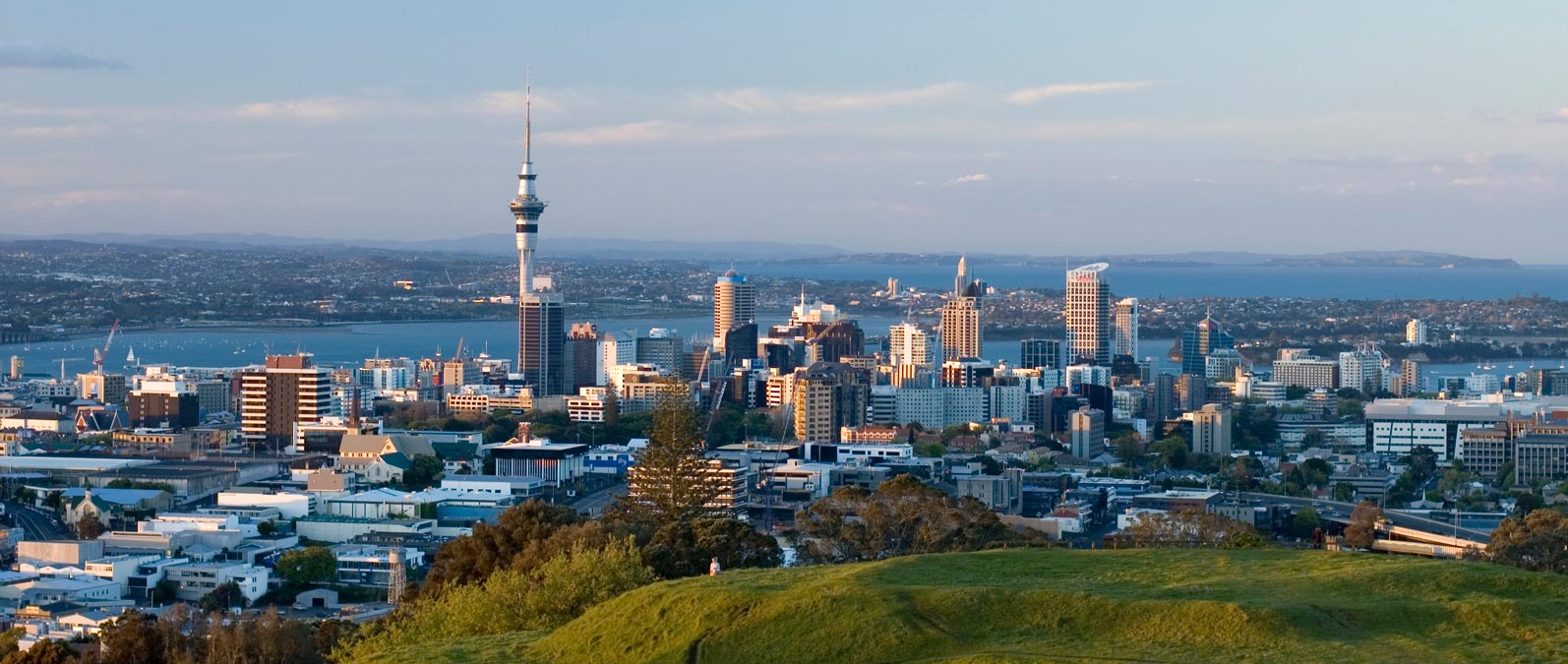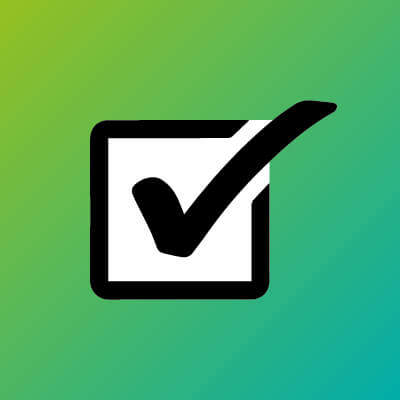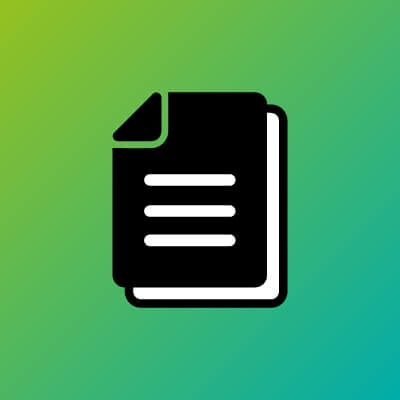Living costs
There are a number of essential and non-essential living costs that you might be required to pay while choosing to live and study in Auckland.
Cost of living in NZ calculator
You can calculate how much your everyday expenses such as accommodation, power, groceries, and transport are likely to cost by using Immigration New Zealand’s cost of living calculator.
Go to Cost of Living Calculator
Tip for students
Education New Zealand provides students with five ways in which to cut living cost while studying in NZ, read their blog to find out what these are.
Cost of everyday items (click to expand)
Below is a list of some everyday costs.
Please note these costs are approximate, and were reviewed in May 2020. All prices are quote in NZD.
| Milk (2 litre) | $3.53c | Countdown supermarket |
| Bread (white sliced 600g) | $1.20c | Countdown supermarket |
| Butter (500g) | $5.40c | Countdown supermarket |
| Rice (long grain 1kg) | $1.80c | Countdown supermarket |
| Subway sub of the day (6 inch) | $4.90c | Subway |
| Hot chocolate (large) | $4.70c | Longblack cafe |
| McDonald's big mac combo | From $12.00 | McDonalds |
| Bottled water (1.5 litre) | $1.00 | Countdown supermarket |
| Meat pie | From $3.50 | Breaktime |
| Movie ticket | $12.00 | Reading Cinemas - Lynnmall |
| Train (one zone with AT Hop card) | $1.55c | Auckland Transport (AT) |
| Doctor visit | $65.00 | Te Puna Waiora |
| Parking on campus | From $1.00 per hour | Parking options for our campuses |
Tip for students
Students can get some great discounts on anything from food to entertainment and clothing by using their student ID card.
International students and living costs
As part of your student visa application, you’ll need to have about $15,000 (NZD) per year available for living costs, this is above the cost of your tuition. For more information about student visas, visit our Student Visas page.
Cost of renting (click to expand)
Listed below are the types of costs associated with renting:
- Rent: Varies depending on the size and location of the property. You can find out what the weekly rent is for properties in your chosen area by visiting Tenancy Services website
- Food: In a shared flatting situation you might be asked to contribute to the food bill
- Power: You can find the best electricity and gas plans via the Powerswitch website
- Phone and internet: You can compare the best broadband deals via the Broadband compare website
- Transport: Depending on where you live you might have to take public transport to campus. For more information on fares for travel on buses, trains, and ferries visit Auckland Transport website
- Bond: When renting a bond is a required and can be up to four weeks rent which is paid to the Tenancy Services. For more information about bonds visit the Tenancy Services website
- Letting fee: If the apartment or house is rented through a real estate agency, then you may be required to pay a letting fee
- Furniture: If the rental property is unfurnished or partly furnished you may need to purchase items to furnish the place
Tip for students
If you are new to renting the Tenancy Services website has information explaining you basic rights and what you must do under New Zealand tenancy law. Visit their New To Renting page on their website.
Cost of a car (click to expand)
Listed below are the types of costs associated with owning a car:
- Car Insurance
- Warrant of Fitness (WoF): Cars on NZ roads are required to have a current WoF. These inspections are carried out to ensure that vehicles meet the required safety standards, and are completed at WoF agents. For more information on WoF’s and where to find an agent, visit the NZ Transport agency website.
- Vehicle licensing (rego): Cars must be licensed in order to drive legally on NZ roads. You can pay for either three, six, or twelve months. For more information on rego costs, visit the NZ Transport Agency website.
- Fuel and oil
- Tyres
- Car servicing and maintenance
Tip for students
The Automobile Association (AA) are motoring experts who provide advice/guidance on where to start if looking to purchase a car. Visit their Car Buying Guide page on the AA website.
New Zealand Currency
The currency used in NZ is the New Zealand dollar and is made up of $5, $10, $20, $50 and $100 notes, and 10c, 20c, 50c, $1 and $2 coins. To see what banknotes and coins are in circulation, visit the Reserve Bank of New Zealand website.
See NZ banknotes in circulation
Currency converter
To compare your home currency to New Zealand’s, as well as compare costs, use the worlds trusted currency authority XE.com Inc.
Tip for international students
Foreign exchange rates can be higher when you use your overseas bank card at a New Zealand ATM, and you can be charged fees for using your card here. Our tip for you is to use a currency exchange service to get a better deal.
Funds Transfer Scheme (FTS)
The Funds Transfer Scheme (FTS) is a secure way for students from other countries to transfer funds to support themselves while studying in New Zealand. Currently FTS is only available to students from:
- China
- India
- Philippines
- Sri Lanka
For more information on the FTS scheme, visit the NZ Immigration website page: Funds Transfer Scheme
Go to Funds Transfer Scheme page
Are you looking for
- Accommodation in Auckland, visit our Accommodation page
- Looking for homestay accommodation, see our Homestay page
- Living in Auckland, visit our About Auckland page
- Ways to manage your money, then visit our Managing Your Money Page
- Need to sort your student visa, see our Student Visas page for more information
- Have you sorted out a bank? If not, then see our Banking in New Zealand page
- Our free shuttle bus service between campuses, visit our Shuttle Bus page for more information


